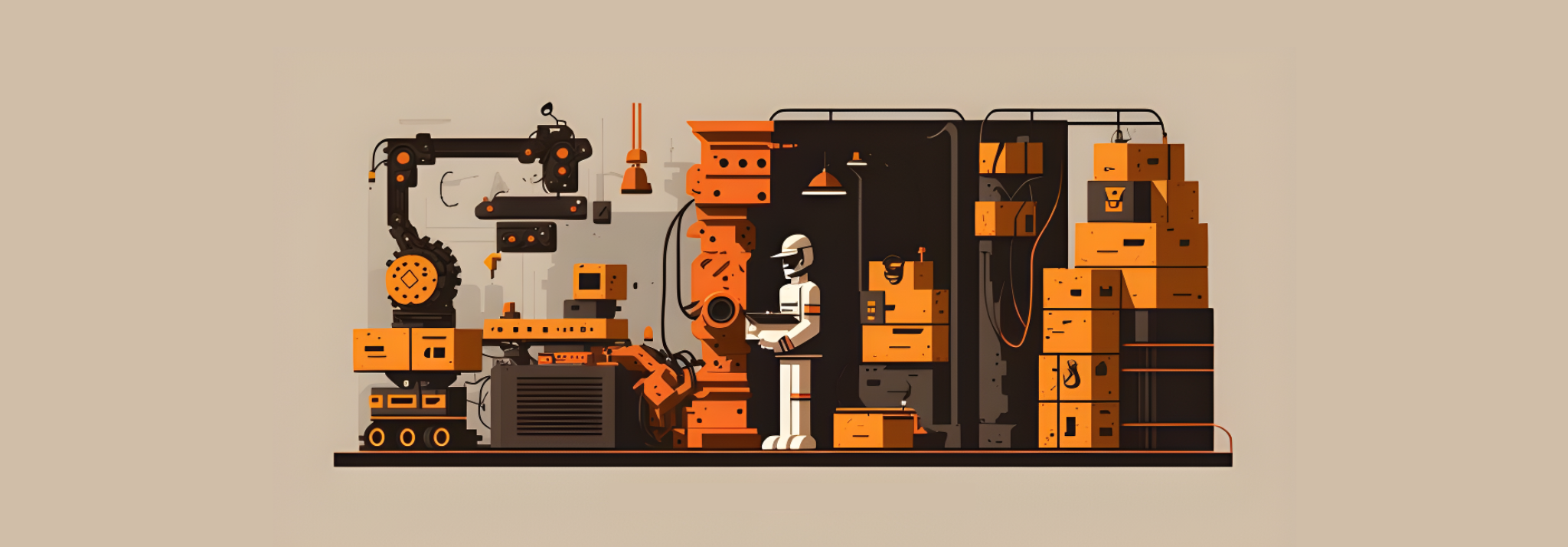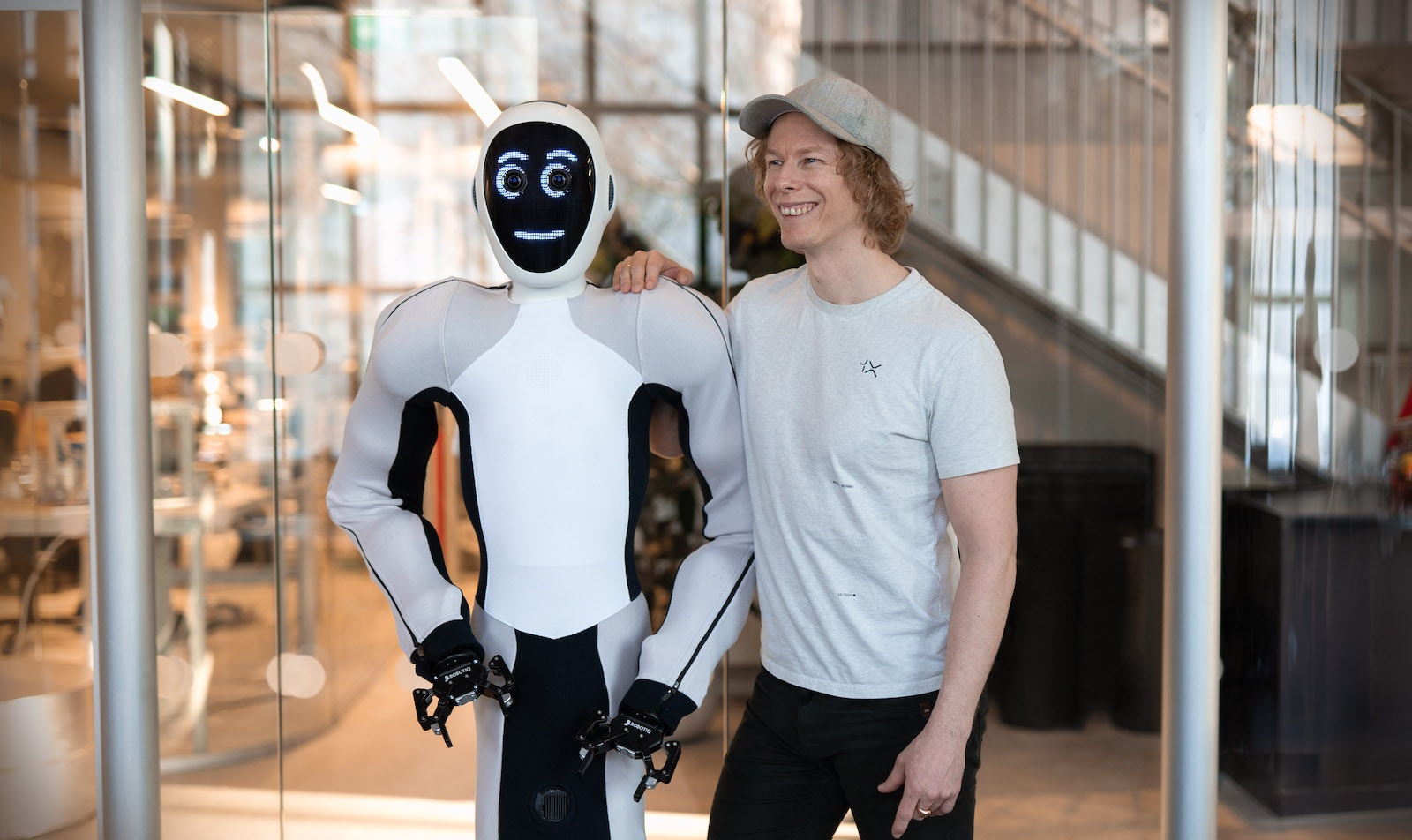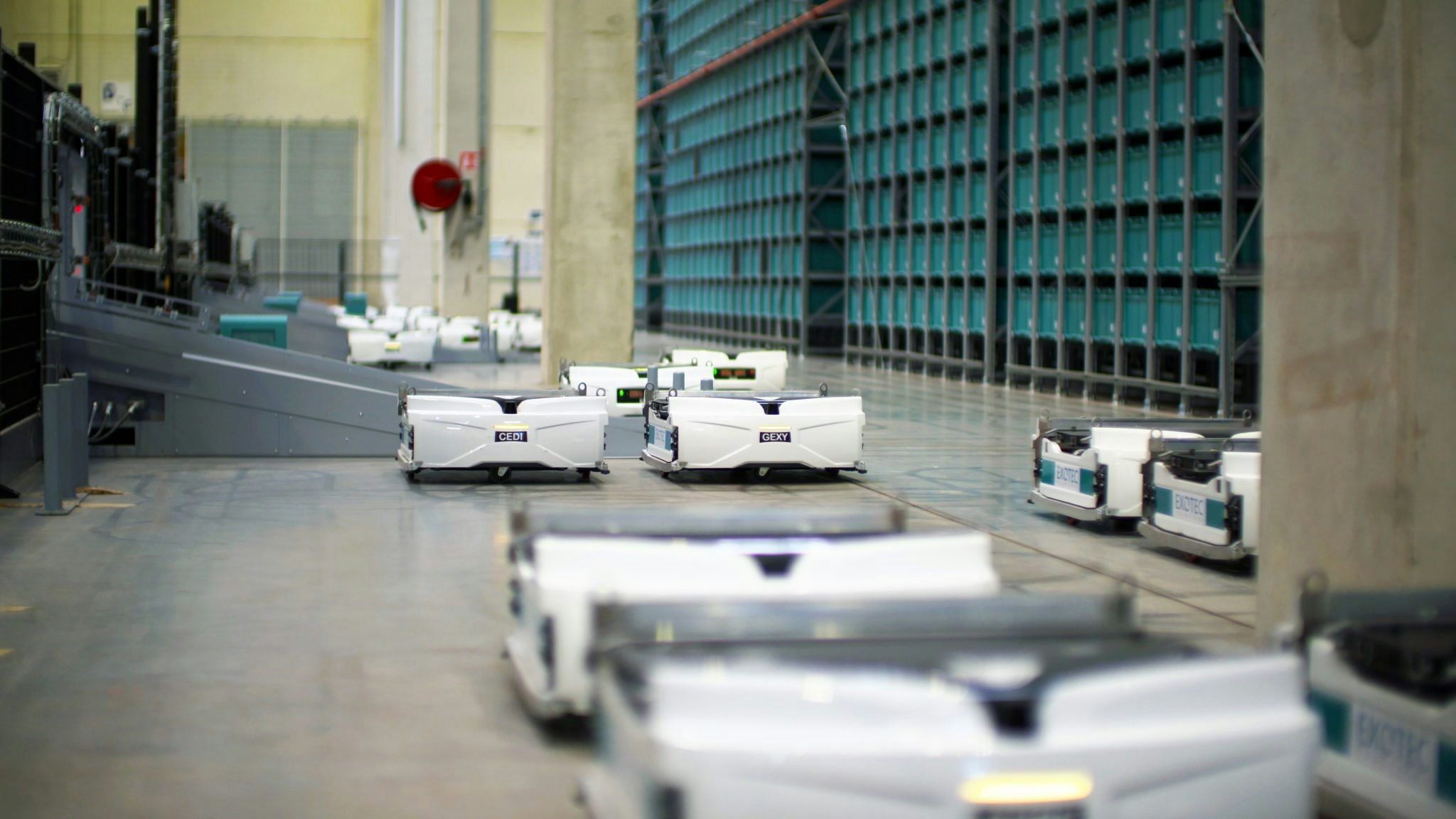As a 4-year-old, Esben Østergaard built his first Lego robot. Four decades later the Dane has sold two robotics companies for hundreds of millions of euros and is an early pioneer of the cobot, which are nimble and flexible collaborative robots being deployed on factory floors across the world.
Now the Danish entrepreneur, who was cofounder of Universal Robots and a celebrity in the world of robotics, says he’s keen to step back from the daily grind of business and instead devote his time and resources — his two companies were sold for a total of €560m — into investing in robot startups.
The idea of a new career in investing was planted in him by his wife, and she did it using the tools of a classic startup pitch.
”We had Christmas eve for ourselves last year, without the kids, and she had prepared a PowerPoint for me,” Østergaard tells Sifted in Copenhagen. “The UN’s 17 sustainable development goals were on the slides and she asked me: 'What are you going to do about this? You have to make the world a better place now.’"
"I really believe there is potential to do so much good through robots. If you look at those UN goals, some of them are political, and it’s hard for me to do anything about that. But some of them are technological in nature".
The beginning: a search for free will
As a student, Østergaard’s initial interest in physics and robotics were largely philosophical.
”I studied physics just to find out if we can have free will because at the time you couldn’t just Google things,” he says. "And I studied robotics and AI to try to find out if consciousness is related to or separate from intelligence... I think robots can teach us something about what it means to be human since they are kind of mimicking us.”
These enquiries not only led to a PhD project on self-reconfigurable robots and doing research on artificial intelligence but it also led to the 45-year-old Dane becoming one of Europe’s most successful robot entrepreneurs.
Together with two members of his research team at the University of Southern Denmark, he cofounded Universal Robots, a pioneer and market leader in the world of making robots that physically interact with humans in a shared workspace, in 2005.
“Robots used to be these big and heavy machines behind fences that were used to build cars”, he says. “We saw the need for a robot that was flexible and easily programmed that catered to the needs of small and medium-sized companies. But not many people believed that three nerds could make a robot that was better than all the other ones, so it was hard to get funding”, he says.
What was striking about the first Universal Robots cobot is that the robot arm is not placed behind a safety cage fenced off from human workers, but deployed right alongside employees. Back in 2008, when the company won its first order from Linatex, a Danish supplier of technical plastics and rubber, this was revolutionary. Today it’s increasingly commonplace.
Eventually, the company did receive funding and sales quickly took off. Ten years after its founding, Universal Robots was sold to Massachusetts-based Teradyne for €315m.
Østergaard then used part of his profits to invest in another Danish robotics company, Mobile Industrial Robots. In 2018, that company was sold to Teradyne too, for €245m. The same year he received the Engelberger Robotics Award, which has been called the automation industry’s highest honour, for his contributions to robotics.
In March this year, after 14 years as the chief technology officer, he worked his last day at Universal Robots.
The next chapter
So what did he do on his first day off?
”I bought a lot of screens for my computer at home, installed Linux, started coding again, and got some of my joy from technology back,” Østergaard says.
In addition, he has set a more long-term plan in motion, setting up the platform Reinvest Robotics, providing money and know-how to early-stage robot startups. The idea was planted in him by his wife at Christmas.
So far Reinvest Robotics has invested in two companies: Tutobo, a Greek startup supplying robot toys to teach kids how to code, and Farmdroid, a Danish agritech company building autonomous vehicles for sowing and weed removal, allowing crops to be grown organically
“Having robots do weed removal reduces the need for herbicides and it also reduces the kind of very stupid manual labour that most people don’t find very interesting,” he says.
“Technology creates new problems, but in the long term, it always improves the quality of life for people, to the point where today this interview is work for both of us. We're standing here, talking, instead of being out in the field picking apples.”
When talking about leaving the stress and uncertainty of being a chief technical officer at a fast-growing company to instead start investing in his field of passion, he sounds relieved.
“It took its toll on me to be on top of so many things for so many years and travel around the world more or less nonstop. We had so many people depending on us, but if somehow one supplier didn’t deliver or we had some sort of problem with the quality, then we couldn’t sell robots for a few months,” he says.
”I’m not sure I could start a company again, so that’s why I have this investment approach now.”


